Lack of Clarity in Iowa Results Proves Caucus System Ineffective
February 5, 2020
Every four years, America experiences something magnificent: a presidential election. To kick off this exciting time, Iowans are first in the primary calendar, holding caucuses to begin the process of voting for their nominee of choice for their party.
In an election season, each state holds either caucuses or primaries to choose candidates for various political offices. A primary is what you would imagine a typical voting process would look like: people gather at local community sites, place their votes on secret ballots and are usually in-and-out in less than 30 minutes. However, a caucus requires people to spend hours publicly debating various candidates before a winner is eventually declared.
During a caucus, voters gather in public areas and debate their political opinions in front of their neighbors, friends, family and acquaintances. This is highly off-putting for many people who choose to keep their political views private. Additionally, the lengthy — and often times dysfunctional — caucusing prevents large numbers of individuals from attending because they simply do not have time.
In 2016, most states that held caucuses saw less than 16% voter turnout, while all other states saw at least 18% voter turnout, with most of them well above this number. If people who want to vote are unable to because they lack the luxury of spending hours debating ideas on a Monday night, then there needs to be immediate reform in the voting process for caucusing states. People also excluded from caucuses are disabled individuals and anybody out of town at the time of the public debates. Unlike ballot primaries, absentee ballots are not offered for those who are unable to physically attend the debate. Just by their nature, caucuses strip constituents of their natural rights to cast their votes.
Iowa also changed its caucusing rules for this year, further adding to the complexity and inaccessibility of its caucuses. One major difference required caucus leaders to report three sets of data. This new rule prompted an array of misinformation and a lack of clarity, as the individual reports may result in different victors. In a primary with ballots, the votes can easily be counted with little contestation about who the true winner is.
The cloudy nature of caucuses, with their multiple rounds of debate and various moving parts, reduces the efficiency of these debates. This year, especially, was a disgrace. Iowa results were delayed almost 24 hours due to “technical issues” from a new implementation of data reporting through a smartphone application. Not only did this application malfunction, but caucus chairs were given the option to report data to a hotline that left them on hold for hours, forcing them to stay at polling sites late into the night. In a state with over 1,600 voting precincts, this is unacceptable.
During a time when the nation is so divided over the removal of President Trump, there is no room for a delay of this severity. The setback in results is not only a loss for the American public because it raises questions of legitimacy concerning this method of voting, but also a loss for the front-running candidates.
Iowa only has 41 pledged delegates for the nomination, but the real reason presidential candidates spend so much time and money campaigning in this midwestern state is for momentum. At the start of the election season, many candidates view a win in Iowa as a way to get the ball rolling for more victorious elections. Even more important is Iowa’s unique ability to “predict” the presidential nominee. Out of the last 9 presidential races with contested Democratic nominees, seven of them were both winners of the Iowa primary and the Democratic nomination.
Some presidential candidates such as Vermont Senator Bernie Sanders and former South Bend, Indiana Mayor Pete Buttigieg took this delay as an incentive to declare victory. This led to the direct confusion of many candidates’ constituencies, since results had not yet been declared by the state of Iowa at the time of the candidates’ respective announcements.
There was relatively no reason for these declarations besides rallying supporters, but the result was nationwide frustration and controversy. Although this was a localized decision made by certain candidates and their campaigns, there would be no opportunity for such behavior if Iowa had primaries rather than caucuses.
To streamline the election process and ensure both the integrity and efficiency of an election, it is imperative that the nation move to eliminate caucusing all together. This will allow for better turnout in a state such as Iowa, the first state to hold primaries in an election cycle. Creating a uniform system of elections will give people the clarity they deserve, rather than confusing the public and providing misleading information.
Emma Lipkind, FCRH ’23, is an international political economy major from Holland, Penn.

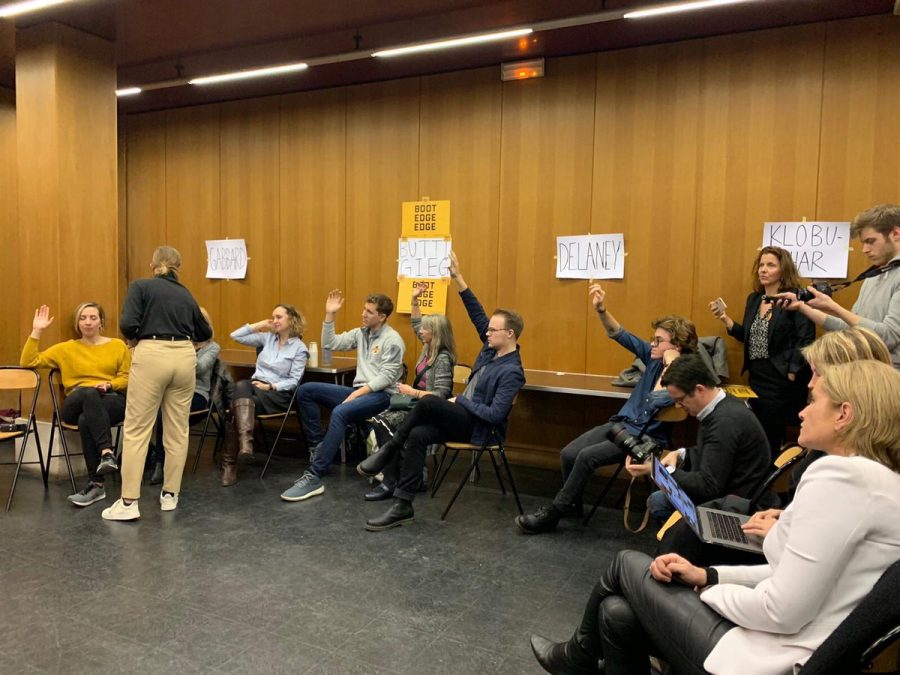
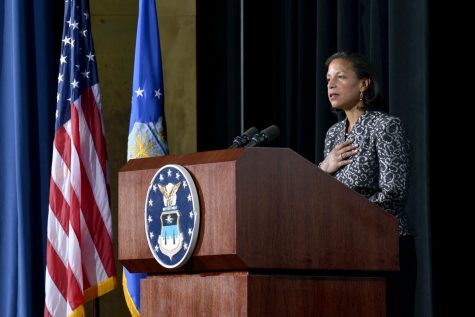
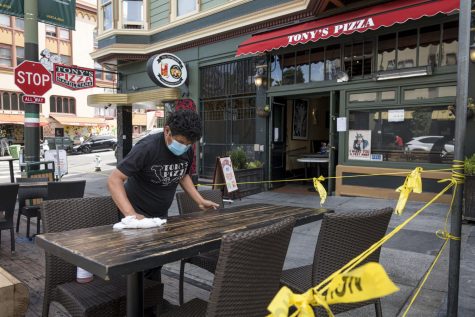

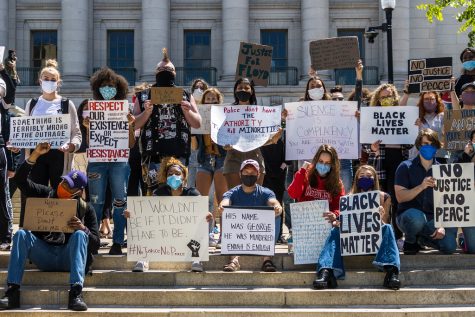
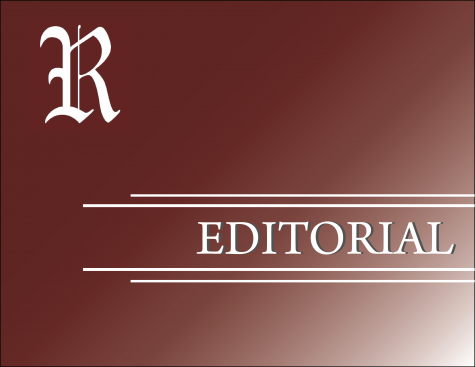
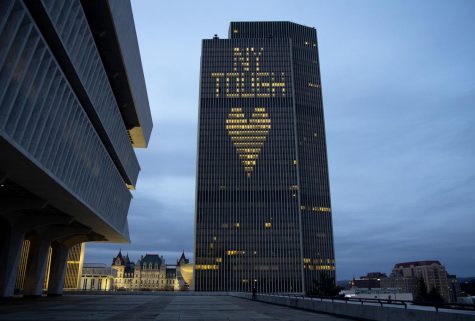
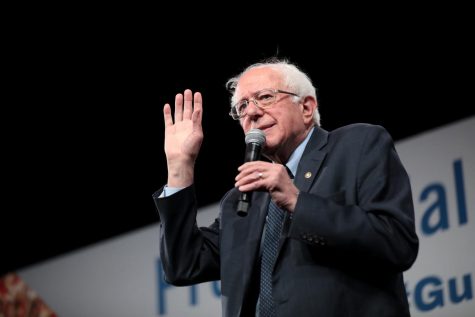
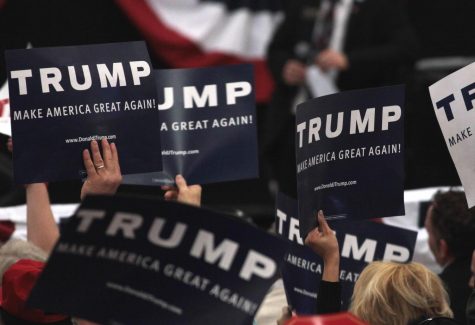
If you want a picture to show with your comment, go get a gravatar.